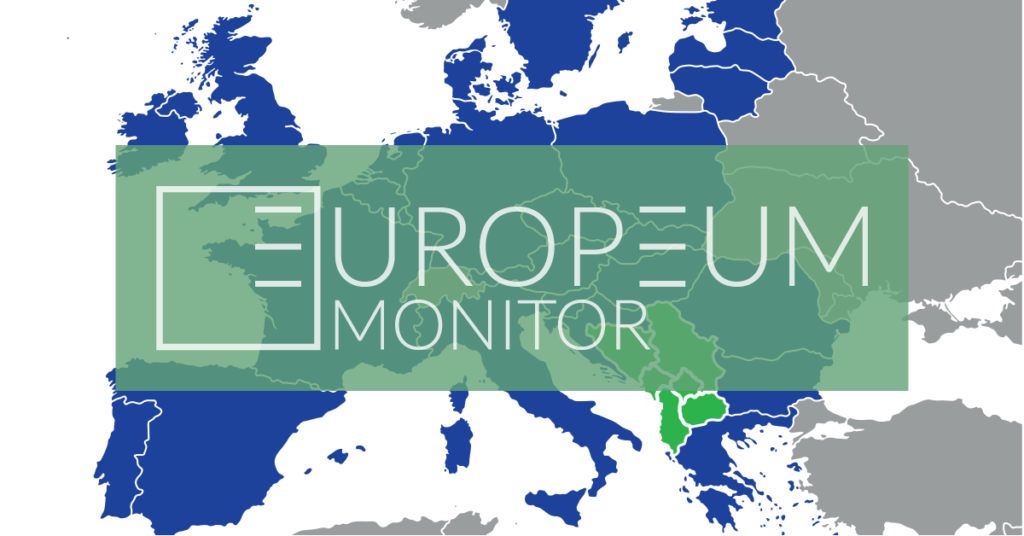Between moderate progress and prolonged stagnation: The European Commission’s Reports on the Western Balkans

Immature and troubled democracies, deeply politically polarised, ‘captured’ by organised crime and endemic corruption, facing an urgent need to improve the rule of law and freedom of expression, moderately prepared, or at an early stage of preparation, for EU membership – these are the key hallmarks of the (potential) candidates for EU membership, according to the 2019 Commission’s reports.
The Commission published the Western Balkan strategy in early 2018 that aimed to boost the EU’s faltering enlargement policy – yet, the positive momentum is now evidently lost. Although some member states displayed an unusually strong willingness to hinder this unpopular policy, this is largely due to limited progress in the region itself. The Commission therefore painted a grim overall picture of the state of affairs in the aspiring member states, assessing their preparedness for EU membership in mostly, although not solely, negative terms. The general tone of the reports is also more critical and explicit, demonstrating a bolder approach of the outgoing Commission that no longer steers away from criticising the Western Balkan strongmen.
The Commission repeated its recommendation to open accession talks with NorthMacedonia and Albania, praising the progress they have achieved. Wary of the ramifications of an outright rejection of the Bosnian EU membership application, the Commission did not take a definite stance on the issues – in effect suggesting the country is currently not ready to become a candidate. It also proposed yet another roadmap for reforms that is unlikely to yield any tangible results. Serbia and Montenegro are clearly losing the momentum of their reforms and urgently need to strengthen their efforts across the board. Serious shortcomings in democratic procedures and practices, the rule of law and particularly the freedom of expression are assessed as areas of the most serious concern across the region.
Celý text Eastern Monitoru najdete vpravo dole na této stránce pod tlačítkem PDF.





